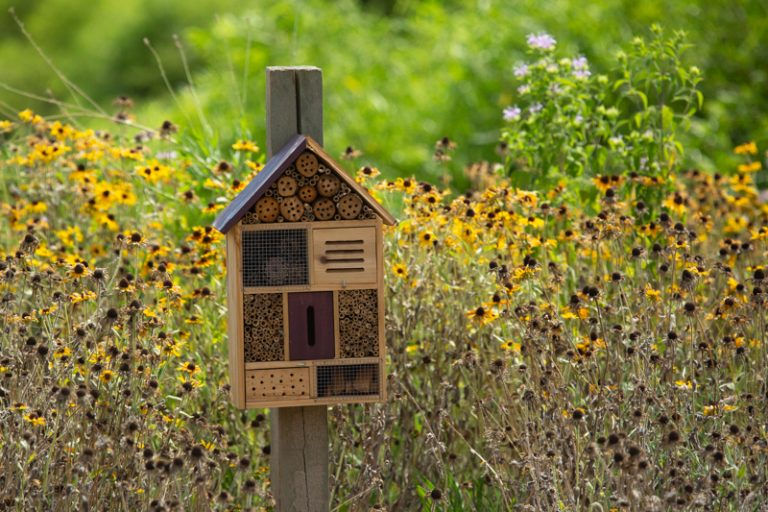What Impact Does a Solar Eclipse Have on Animals and Pollinators?
- David Burrows

- Mar 9, 2024
- 2 min read

Mexico, Texas, and other U.S. states will soon experience a total solar eclipse on April 8th. We wanted to know how animals and insects react during a totally dark eclipse. Here’s what we found out and it’s pretty amazing!
Research has observed about 75% of different species taking on their normal nighttime activities as an eclipse reaches peak darkness. However, some animals exhibit unusual behavior and even anxiety, like wild giraffes that were seen galloping in circles and certain birds that changed their normal song patterns. Other birds like flamingos have huddled tightly together until the darkness passed.

Pollinators act in very similar ways. Bees often will return to their hives and settle down completely until the sun emerges from behind the moon. Other nocturnal pollinators like bats and moths will begin to venture out to feed and visit flowers. Hibiscus and Morning Glories may begin to close up as if it’s night. To the nocturnal crew’s benefit, mosquitos and other nighttime flying insects will emerge as well – great for an impromptu daytime snack for the bats. Other changes may impact species behavior as well like a sudden drop in temperatures, and even wind speeds.
Many species that rely on a normal cycle of night and day and which also use the sun to navigate, may become very disoriented and act out of normal patterns for the rest of the day until a full 24-hour phase of night and day return. Butterflies, while not having been researched for eclipse behavior, have been seen to only slightly be affected. Since many Monarchs are tagged this season, scientists are hoping for more data. Students in Oakville, Ontario are even using the eclipse to raise awareness about Monarch migration and to help save the species.

If you’re along the path of the totality eclipse, you can find how long it will last where you are located with this cool, interactive, Eclipse tracking map. If you’re in the Dallas / Fort Worth area, your closest town to see the maximum darkness is Elmo, Texas.
Our friends at Bella Hampton Farms is hosting an Eclipse at the Farm watch party along with all the farm animals including Llamas, donkey’s horses, pigs, goats, chickens, and cows. They’re even offering overnight camping.
Whatever your plans are for observing this spectacular, celestial event, make sure to use approved glasses (stylish sunglasses won’t protect your eyes), or use inventive school days tools like a piece of cardboard with a round hole to track the progression.
Remember Arkearth in your gifts and donations! We’re a 501(c)3 and each gift is 100% tax deductible! Proceeds help us do more projects at schools, churches, and community gardens to educate the public, provide pollinator habitats and plant more wildflowers!



Comments